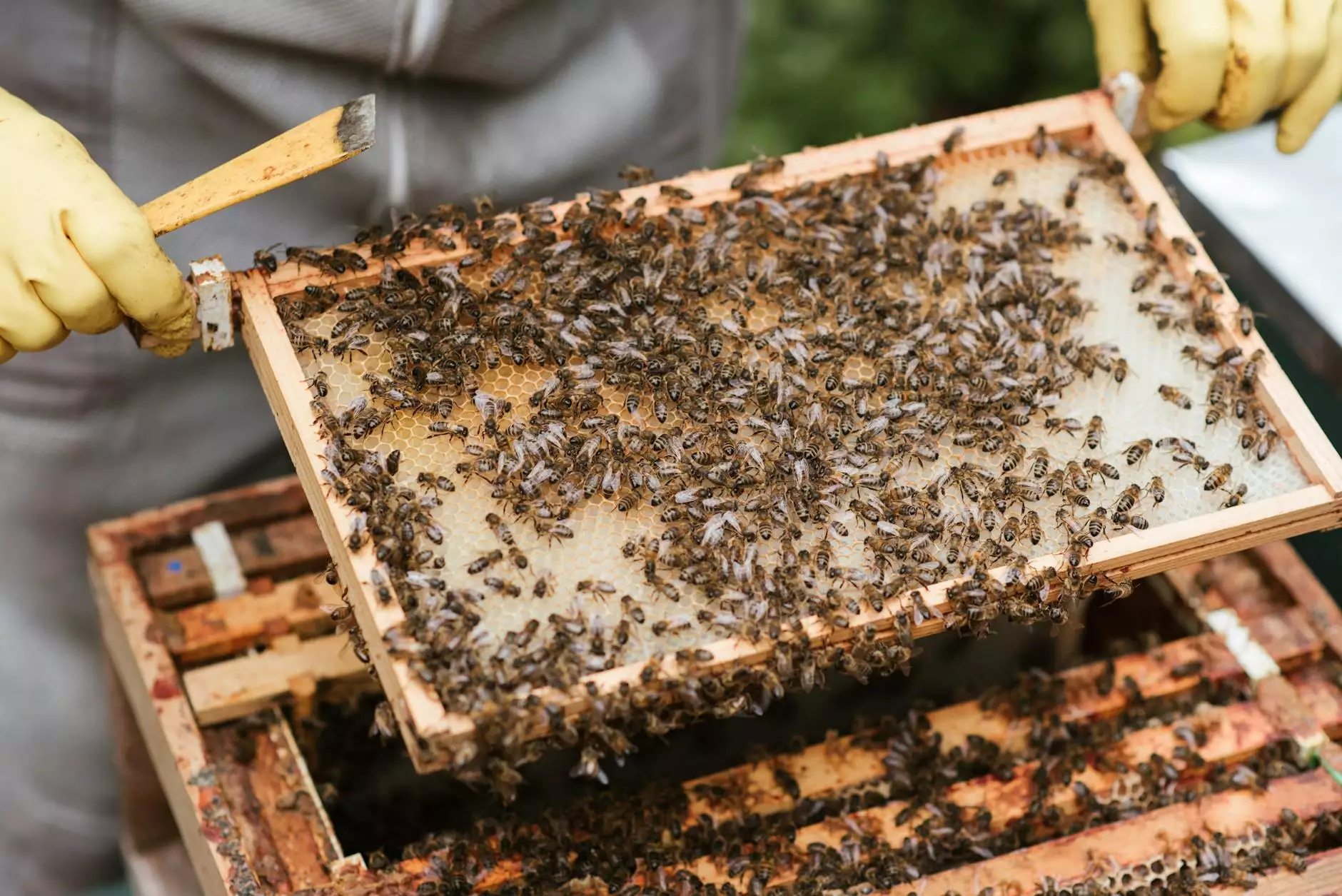SEO SEM Marketing Strategies for Successful Food Businesses

Introduction
Welcome to SpicyTool.net, your trusted source for cutting-edge SEO SEM marketing strategies tailored specifically for food businesses. In this article, we will dive into the world of SEO SEM and explore how businesses in the food industry can leverage these strategies to outrank competitors on Google and increase their online visibility.
The Importance of SEO SEM for Food Businesses
In today's digital age, having a strong online presence is crucial for the success of any business, especially in the competitive food industry. With millions of searches being made on search engines like Google every day, it is essential for food businesses to implement effective SEO SEM strategies to ensure they are visible to potential customers.
Understanding SEO SEM
SEO (Search Engine Optimization) and SEM (Search Engine Marketing) are two interconnected strategies that focus on improving a website's visibility in search engine results. While SEO primarily involves organic methods to increase rankings, SEM incorporates paid advertising to drive targeted traffic to a website. Combining both strategies yields powerful results and allows food businesses to dominate the online market.
Keyword Research
A fundamental aspect of SEO SEM is keyword research. It involves identifying the relevant keywords and phrases that potential customers are using to search for food-related products or services. For our food business category, some valuable keywords could include "cooking techniques," "delicious recipes," or "healthy eating tips."
Creating Engaging Content
Once you have your target keywords, it's time to create high-quality and engaging content around them. Utilizing these keywords strategically throughout your website will signal to search engines that your content is relevant to users' search queries. When developing content, ensure it is valuable, informative, and satisfies the user's intent.
Optimizing On-Page Elements
To enhance your website's SEO SEM performance, optimize key on-page elements. Include relevant keywords in your HTML headings, such as H1, H2, and H3 tags. These headings not only structure your content but also provide search engines with additional context about the page's content. Additionally, use HTML paragraphs to break up the text and provide a better reading experience for users.
Utilizing HTML Lists
HTML lists play a crucial role in organizing content and improving the readability of your web pages. Implement ordered (numbered) and unordered (bulleted) lists to present information in a clear and concise manner. Lists allow visitors to scan through your content quickly, making it more user-friendly.
Implementing Text Formatting Tags
Text formatting tags, such as bold and italic, can be used to emphasize important information within your content. By using these tags effectively, you can direct the reader's attention to key points, enhancing their overall experience on your website.
Building High-Quality Backlinks
In the realm of SEO SEM, backlinks are crucial. Backlinks are links from other reputable websites that point back to your own site. Search engines perceive backlinks as a vote of confidence and authority, boosting your website's credibility. Engage in outreach campaigns, collaborate with industry influencers, and create shareable content to earn valuable backlinks.
Effective Social Media Marketing
Don't underestimate the power of social media when it comes to promoting your food business. Establish a strong presence on popular platforms such as Facebook, Instagram, and Twitter. Share visually appealing content, engage with your audience, and promote your products or services effectively. The increased exposure and social signals will positively impact your SEO SEM efforts.
Tracking and Analyzing Data
Regularly monitoring your website's performance is essential in improving your SEO SEM strategies over time. Utilize analytical tools like Google Analytics to track important metrics such as traffic sources, user behavior, and conversions. This data will provide valuable insights on what's working and what adjustments might be needed to achieve even greater success.
Conclusion
By implementing effective SEO SEM strategies specifically tailored for food businesses, you can drive organic traffic, outrank your competitors, and position your website at the forefront of Google search results. Use keyword research, create engaging content, optimize on-page elements, build high-quality backlinks, leverage social media, and continuously analyze data to refine your approach and achieve sustainable online success.
Remember, SpicyTool.net is here to help you navigate the complex world of SEO SEM marketing so you can reach the top of the rankings and stand out in the highly competitive food industry.









